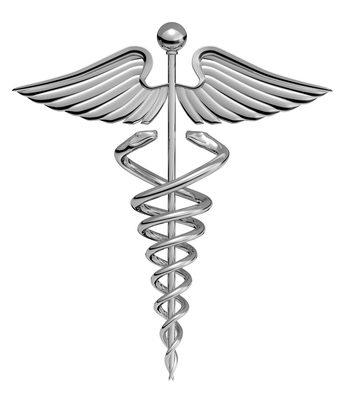Strict operational regulations placed on medical facilities often necessitate the hiring of an AAHAM Certified Compliance Technician to avoid costly legal suits and penalties.
Compliance technicians are revenue cycle specialists who investigate whether patient accounts are handled according to the latest legislative actions. Established in 1968, the American Association of Healthcare Administrative Management oversees the CCT credentialing to test students’ expertise in monitoring operations for compliance with government laws. Anyone working in patient financial services could apply to become a CCT with the $100 exam fee. Doing so leads to The Wall Street Journal’s “Hottest Job of 2014” that’s still growing by 7 percent.
If you’re considering becoming a Certified Compliance Technician through the AAHAM, here’s everything you should know about what the career entails.
Responsibilities of Certified Compliance Technicians
Certified Compliance Technicians help reduce facilities’ liability risks by scrutinizing the revenue cycle procedures and double checking that claims are completed according to law. CCT professionals protect medical providers from malpractice by auditing compliance plans for regulations like HIPAA, EMTALA, the Affordable Care Act, the False Claims Act, and Office of Inspector General recommendations. Technicians continually develop and implement new guidelines for staff to better adhere to government decisions. Conducting risk assessments to find performance areas where industry standards are slipping and tighten them is in Certified Compliance Technicians’ wheelhouse. AAHAM certified professionals in healthcare compliance are proven masters of dissecting medical regulations more complex than IRS code for clean, compliant revenue cycle operations.
Recommended: 5 Blogs About Healthcare Administration
Where Certified Compliance Technicians Work
According to Becker Hospital Review, there are 2,904 nonprofit, 1,010 government-owned, and 1,060 for-profit hospitals in the United States that rely on compliance. Certified Compliance Technicians are needed in many other healthcare arenas though too. CCTs can interpret complex laws for urgent care centers, community clinics, adult daycare facilities, nursing homes, pharmacies, primary physicians’ offices, hospices, inpatient psychiatric wards, and more. Any entity that’s treating and billing patients, including home healthcare organizations, hires CCT compliance professionals to track the regulatory environment. Certified Compliance Technicians generally work full-time during normal 9-to-5 business hours for an average annual salary of $54,217 plus benefits. The CRCP or CRCE certifications could lead to advancement into compliance management.
Steps Taken to Become an AAHAM Certified Compliance Technician
Adding the letters CCT after your name requires learning the seven major elements of healthcare compliance plans with at least one year of full-time work experience. Although a certain degree isn’t mandated, most Certified Compliance Technicians have finished a four-year bachelor’s in healthcare management, business, finance, or risk management. Prospective CCTs can apply three times annually before December 15th, April 17th, and August 15th. The AAHAM then offers study materials for $99 to prepare yourself for the 90-minute online, proctored test. If you score 70 percent or higher, you’ll become a Certified Compliance Technician and take 30 CEUs every two years for re-certification.
Certified Compliance Technicians use their in-depth regulatory knowledge to foster physical and technical safeguards that will ensure patient accounts are compliant from creation to reimbursement. CCTs don’t typically play a patient-facing role, but their work makes certain patient data remains confidential and medical providers follow the rule of law. The U.S. News ranked compliance officers for having America’s 16th best business job with low unemployment at 1.7 percent.
Now’s an excellent time to enter this satisfying, well-paid healthcare field as an AAHAM Certified Compliance Technician.
